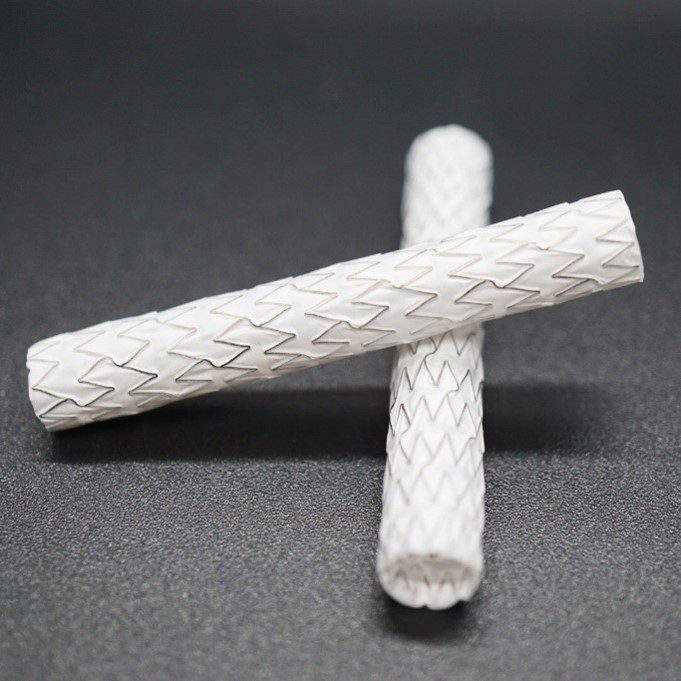Transforming the Future of Medical Devices with ePTFE
At Medical Murray, we’re pioneering the use of expanded polytetrafluoroethylene (ePTFE) in medical device manufacturing, particularly in complex catheters, implants, and single-use devices. ePTFE plays a vital role in heart valve engineering, stent graft applications, and other innovative heart implants, shaping the exciting future of medical technology.

Why ePTFE Stands Out in Medical Device Manufacturing
In short, ePTFE benefits from unmatched Biocompatibility and Durability. Renowned for its chemical resistance, low friction coefficient, and thermal stability, ePTFE is perfect for diverse medical applications. Its biocompatibility minimizes inflammation and immune responses, making it ideal for long-term implantation. These properties are essential in producing high-quality heart valves, stent grafts, and other heart implants.
Medical Device Applications for ePTFE
Heart Valves: In heart valve replacements, ePTFE offers unmatched flexibility and tissue compatibility. It outperforms materials like titanium and pyrolytic carbon. It even provides superior biocompatibility compared to polyester, reducing blood clot risks and leading to more natural blood flow patterns.
Endovascular Stents and Stent Grafts: ePTFE’s combination of strength and flexibility, along with its ability to be produced with very thin walls, makes it ideal for transcatheter implants. These properties allow for smaller profiles in catheter-based delivery systems, crucial for minimally invasive procedures.
Closure Treatments: ePTFE is also used in other heart implants, such as septal closure devices and appendage closure systems. These applications leverage ePTFE’s versatility and biocompatibility to provide effective solutions for complex cardiac conditions.
Customized Anatomical Structures: Our processing techniques allow us to form ePTFE into unique anatomical structures, using specific tooling, materials, processing aids, heat, and pressure. This capability enables us to tailor ePTFE implants to meet individual patient needs and anatomical challenges, further expanding the scope of its implant applications.
Beyond heart valves, stent grafts, and specialized implants, ePTFE’s application extends to artificial blood vessels, specialized catheters, gastrointestinal sleeves, tympanic membrane patches, and pericardial patches. Its versatility makes it a key material in our diverse product range, providing innovative and safe solutions.
Navigating the Regulatory Landscape
ePTFE is a ‘Forever Chemical’, meaning that it doesn’t break down or decompose naturally. This poses some environmental concerns if surplus ePTFE materials aren’t properly disposed of or stored. As such, use of ePTFE in medical device manufacturing is highly regulated.
However, ePTFE’s medical application benefits greatly outweigh potential drawbacks. The stability and inertness of ePTFE are precisely the properties that make it invaluable in medical applications. Alternatives to ePTFE, particularly in high-stakes applications like heart valves and stent grafts, do not yet offer comparable levels of performance and safety. We anticipate the continued use of medical-grade ePTFE, given its critical role in patient care and the stringent industry regulations ensuring its safe application.
Our Commitment to Innovation
At Medical Murray, we’re driving advancements in medical technology. Utilizing ePTFE in our medical device development and manufacturing underscores our commitment to advancing healthcare. We’re constantly exploring new applications of ePTFE, including customizing the material for unique anatomical structures, to meet the evolving needs of the medical community.
ePTFE is a solution offering unparalleled benefits in medical device manufacturing. Its role in heart valves, stent grafts, and other innovative heart implants is just the beginning of its potential. Join us as we continue to explore the limitless possibilities of ePTFE in medical technology.
